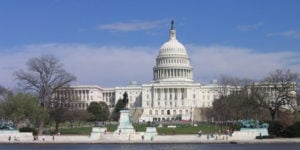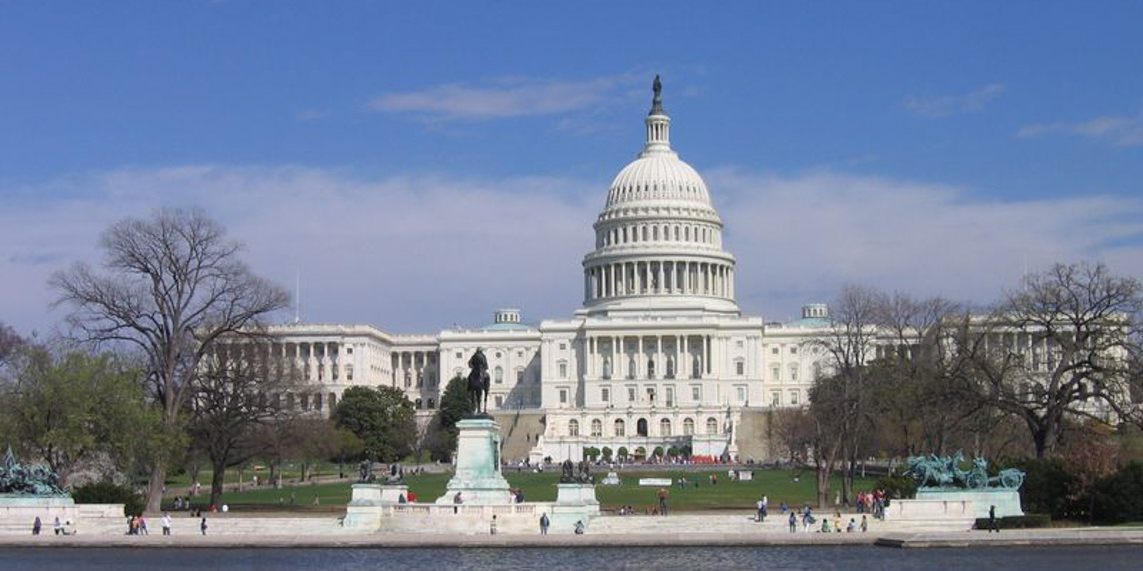Stanford is one of 35 universities that will be affected by the Republican tax bill, which went into effect on Jan. 1.

The final version of the bill includes a 1.4 percent tax on the endowments of universities with an enrollment of at least 500 students and assets valued at $500,000 per full-time student. Estimated to raise $1.8 billion in federal revenue over the next 10 years, the legislation is a pared-down version of the original House proposal to tax universities with endowments over $250,000 per student.
In an email to The Daily, Provost Persis Drell wrote that the University was “disappointed” by the recent passage of the endowment tax. Last December, Drell and University President Marc Tessier-Lavigne published a blog post stating Stanford’s stance on the bill.
“The endowment at Stanford provides essential support for our core academic mission, including research, education and student financial aid,” they wrote. “Those things, in turn, provide immeasurable benefits to the economy, health and culture of our country.”
Currently, only 35 institutions, including Harvard University, Princeton University and Rice University, are affected by this tax. However, some students worry that the number could grow.
“I think that the tax represents an unprecedented move to undermine the non-profit status of universities,” Stanford Democrats president Gabe Rosen ’19 said. “Just because it’s starting with schools such as Stanford doesn’t mean that later it couldn’t be enlarged to impact universities across the country.”
The Stanford College Republicans did not respond to The Daily’s request for comment.
When asked how the tax will affect Stanford, Drell responded that she was uncertain about any changes the new legislation may make to the overall financial situation of the University.
“We are unsure of the impact and are continuing to study the bill,” Drell said.
In their blog post, Tessier-Lavigne and Drell also reflected on some of the immediate steps the University will take as a result of the tax, including the programs and institutions they aim to protect.
“Our next steps will be to analyze the effects of the final bill on Stanford and factor those effects into our budget planning process for the 2018-19 year,” they wrote, adding that a new budget will be adopted in June following springtime deliberations.
Though approximately 20 percent of Stanford’s annual operating budget comes from the endowment, Rosen expressed that he has “high hopes” that University leadership will be able to “mitigate the damage done by this tax.”
Melanie Malinas, a member of the Graduate Student Council and a fourth-year Ph.D. student in biophysics, concurred with Rosen but added that she worries the tax may limit the University’s ability to provide financial resources to its students.
“I do think that Stanford has a lot of money and can probably afford to pay a little more in taxes,” she said. “But I’m worried about this tax because I’m afraid that it will impact students in the form of decreased financial aid or other things.”
However, Tessier-Lavigne and Drell made clear in their blog post that the University would under no circumstance compromise its financial aid programs.
“We remain committed to providing the resources that preserve a strong financial aid program for our students,” they wrote, “and that allow our community to make its best possible contribution to our world.”
They added that the University would continue to monitor the situation in Washington and advocate issues related to higher education.
According to Tessier-Lavigne and Drell, “[Stanford] will continue to advocate aggressively for the mission of research and education, and for the vital role of colleges and universities in creating a bright future for our nation.”
Contact Claire Dinshaw at cdinshaw ‘at’ stanford.edu.
Correction: A previous version of this article referred to Stanford president Marc Tessier-Lavigne by the last name “Lavigne.” It has been updated to reflect the correct surname, “Tessier-Lavigne.”
